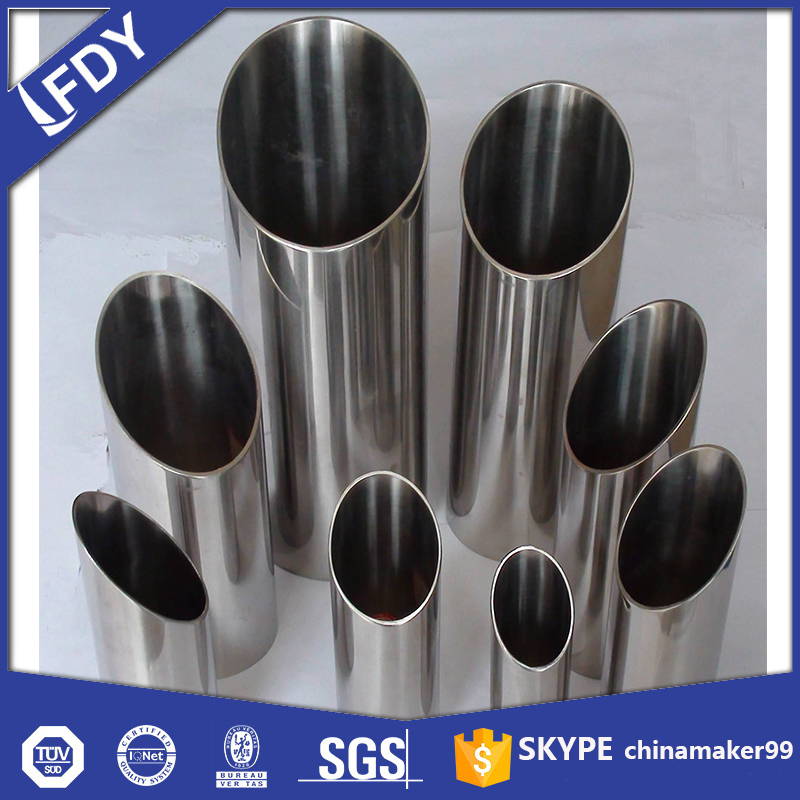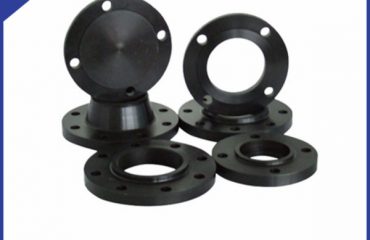
Steel pipes stand as one of the most indispensable materials in modern infrastructure and industrial operations, celebrated for their strength, durability, and adaptability. From towering skyscrapers to deep-sea oil rigs, from residential plumbing to renewable energy projects, these pipes form the backbone of systems that keep societies running smoothly. Their “vibrancy” lies not in color, but in their ability to thrive in diverse environments and fulfill countless critical roles.
The exceptional performance of steel pipes stems from their material composition. Most are crafted from carbon steel, alloy steel, or stainless steel, each tailored to specific needs. Carbon steel pipes, cost-effective and robust, are ideal for general-purpose applications like water supply and structural support. Alloy steel pipes, enhanced with elements like chromium, nickel, or molybdenum, offer superior resistance to high temperatures and pressure, making them perfect for industrial boilers and power generation. Stainless steel pipes, prized for corrosion resistance, shine in chemical processing, food production, and marine environments where exposure to moisture or harsh substances is constant.
Steel pipes come in a variety of types, each designed to meet unique requirements. Seamless steel pipes, manufactured without welded joints, boast uniform strength and are preferred for high-pressure systems such as oil and gas transmission. Welded steel pipes, created by joining steel plates or coils, are cost-efficient and widely used in plumbing, construction, and irrigation. ERW (Electric Resistance Welded) pipes, known for their precision, are common in automotive manufacturing and HVAC systems. Spiral welded pipes, with their spiral seam design, offer exceptional structural integrity, making them suitable for large-scale projects like water pipelines and industrial ductwork.

One of the key advantages of steel pipes is their unparalleled durability. Unlike plastic or concrete alternatives, steel resists cracking, warping, and degradation over time, even under extreme temperatures, heavy loads, or corrosive conditions. This longevity translates to reduced maintenance costs and fewer replacements, making steel pipes a cost-effective choice in the long run. Additionally, steel is 100% recyclable, aligning with sustainable development goals and reducing environmental impact. The recyclability of steel also means that old pipes can be repurposed into new products, minimizing waste and conserving natural resources.
The versatility of steel pipes is evident across a wide range of industries. In construction, they are used for structural columns, scaffolding, and plumbing systems, providing strength and reliability to buildings, bridges, and tunnels. In the energy sector, steel pipes transport oil, gas, and water across vast distances, as well as support renewable energy projects like wind turbines and solar thermal systems. In manufacturing, they serve as conduits for fluids, gases, and materials in factories, while in the food and beverage industry, stainless steel pipes ensure hygienic transportation of ingredients and products. Even in residential settings, steel pipes are valued for their durability in water supply and drainage systems.
When selecting steel pipes, several factors should be considered. The intended application, operating temperature, pressure requirements, and environmental conditions all play a role in determining the right type and material. Industry standards such as API (American Petroleum Institute), ASTM (American Society for Testing and Materials), and DIN (Deutsches Institut für Normung) ensure quality and compatibility, so verifying compliance is essential. Proper installation and maintenance, including regular inspections and corrosion protection, further extend the service life of steel pipes.
 Language
Language Espanol
Espanol English
English Italian
Italian عربى
عربى
 Skype: chinamaker99
Skype: chinamaker99  Tel: 86-316-5120812
Tel: 86-316-5120812  Email:
Email:  Whatsapp:
Whatsapp: 